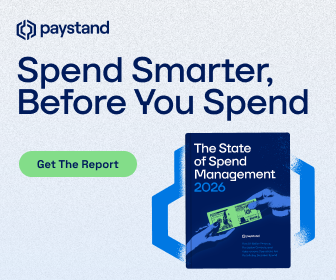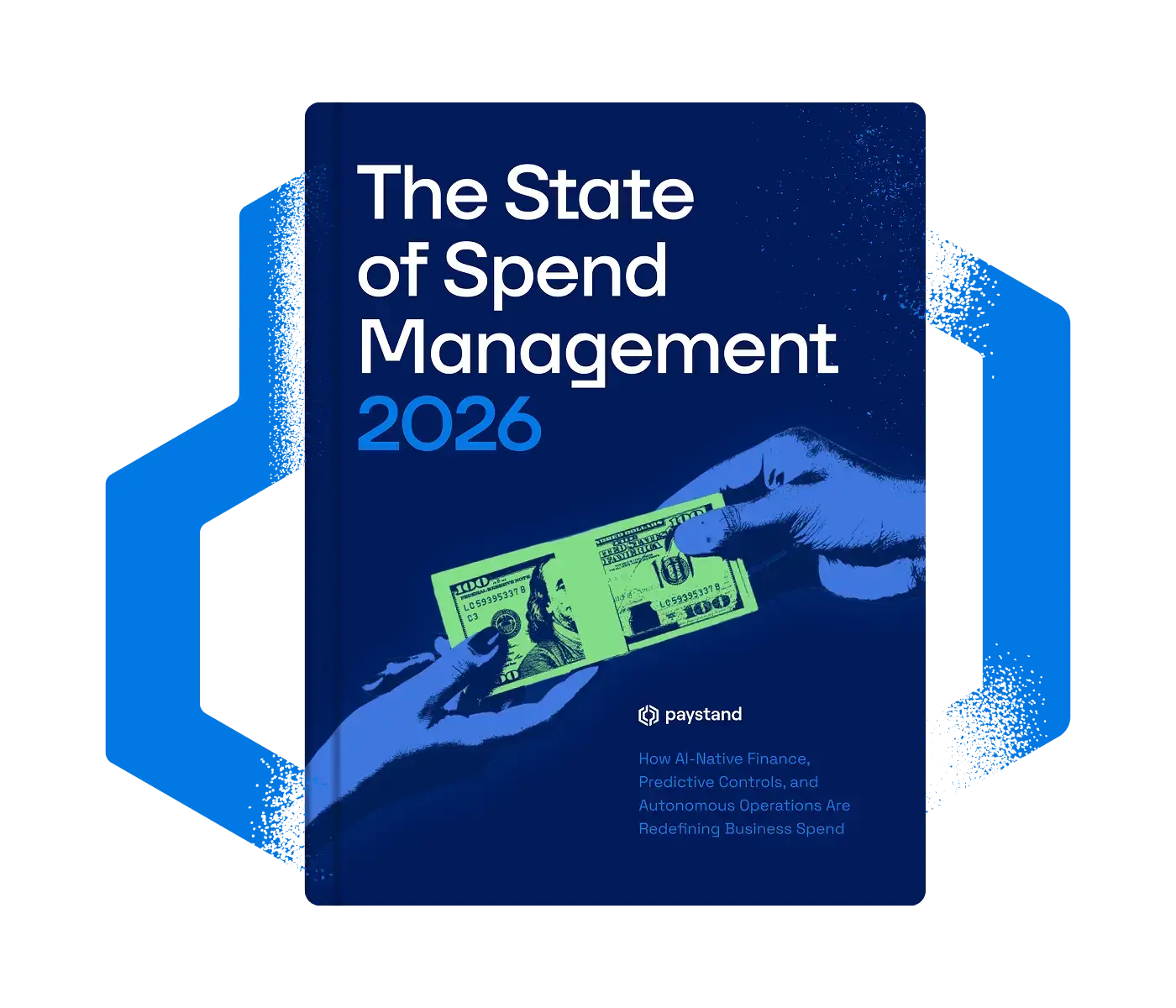Firms are experiencing a shortage of capable hands in finance and accounting departments, despite the 7% increase in accounting jobs predicted to occur from 2020 to 2030. Thanks to the remote and hybrid work environments, finance and accounting professionals can now find work anywhere. Recruiters increasingly find themselves in a competition for the best candidates.
We share highlights from BlackLine’s digital finance playbook for attracting and retaining talent.
The Great Resignation
One post-pandemic challenge that has cut across all sectors of work is the phenomenon known as the great resignation. Workers are leaving their jobs in droves for reasons such as retirement, remote work opportunities, better work benefits or career change. About 4 million people left their jobs in a single month in 2021 and 41% of workers intend to leave their jobs in 2022.
While some workers may change jobs simply for better pay and employee benefits, the majority of quitting staff are in search of a better work-life balance. The pandemic put the emergency policies and response of many companies to the test. It also exposed lapses in company culture and intensified the lack of job satisfaction.
While the exodus of workers may put some companies in a difficult situation, well-positioned firms can take advantage of the increased workforce mobility. Some of the things workers are looking for are work schedule flexibility, more rewarding roles and healthy company culture.
Five Strategies to Help CFOs Attract and Keep Great Talents
The CFO is responsible for recruiting and managing finance and accounting teams. That responsibility now comes with a higher risk in the post-pandemic era. The accounting industry today has gone beyond number-crunching, accountants need data analytics skills as well as business planning and strategy competencies.
CFOs need to hire finance professionals who are generalists and work to keep them. Below are summaries of the strategies proffered by BlackLine in the Steering Finance Through the Great Resignation whitepaper.
1. Design a digital hybrid workplace
The 2021 work trend report by Microsoft reveals that the flexible or hybrid workspace is no longer a want but a need for workers. Over 70% of workers would like to work remotely and two-thirds want to be able to have in-person collaborations. A hybrid work system was ranked as one of the top three strategies for growth in the finance industry. Nine out of every ten organizations have decided to allow a combination of the remote and on-site workforce.
As CFO, you should set up finance and accounting systems that make hybrid work effective. Activities like preparing reconciliations, applying cash to open invoices and journal entries can be done by remote workers in collaboration with those at the office. It is important to ensure that these systems do not compromise data security or productivity.
2. Equip your organization against digital burnout
Remote workers are still people with families and social lives and employers who forget that, lose valuable workers. When workers are bombarded daily with tons of emails, non-stop zoom meetings and slack notifications digital burnout is inevitable. And that results in less productivity and increased work-related stress. Data from Microsoft shows that meetings are getting longer and workers got 40 billion more emails in February 2021 than they did in February 2020.
Accounting is already characterized by meeting-heavy activities like a period-end, an avalanche of emails, Google meetings, online docs and spreadsheets do not help the company’s image as an ideal workplace. CFOs can use online process management solutions that allow everyone on the team to get a real-time view of status, reviews, and approvals without the endless downloads and notifications.
3. Automate mundane and repetitive tasks
Artificial Intelligence, machine learning and a few other automation technologies are reshaping the world of accounting. Many transactional processing tasks can be automated to free up accountants to concentrate on more fulfilling work like data analysis or business strategy development. Tasks that can be automated include reconciliations, creating journal entries, and high-volume transaction matching.
With the kind of technologies available today, CFOs don’t need to wait on the IT department to help with managing automation software. Accountants can easily learn to implement automation in their work. Accounting teams in top companies are already automating their processes, Coca-Cola for example is automating 55% of transactional activities and SiriusXM is automating 50% of its journal entries.
Learn more in our on-demand webinar Accounting Robots: How to Automate the Finance Back Office.
4. Elevate finance and accounting roles
About 55% of Gen Zers intend to look for better job opportunities and 32% of those intending job hunters want to leave their current jobs because there is no room for professional development opportunities. CFOs must be willing to give employees tools and opportunities to develop necessary skills for career development.
One way to get team members up to speed in data analytics, business partnering and business strategy development is to create a pool of resources such as online courses. CFOs can collaborate with online universities to train and certify workers as they pursue career development opportunities.
Company training programs help to increase employee competencies and reduce the need and costs of hiring specialists. It also improves the satisfaction workers get from the company and gives them more reasons to stay.
5. Optimize month-end reporting
Period end reporting is usually a hectic and demoralizing time for accountants. Doing everything possible to make the process less problematic for accountants is one strategy the CFO can apply to attract and keep the best talents.
CFOs in companies like Hershey, Dow, GoodRx and Zendesk are adopting continuous accounting as the solution to labor-intensive and demoralizing period-end reporting. Continuous accounting involves identifying and embedding tasks usually left for period end like high volume account reconciliations into everyday activities. Automating and standardizing period-end tasks also make it easier on the finance teams.
Learn more in Five Challenges Standing between You and Month-End Close Peace.
Get the Full Playbook: Steering Finance Through the Great Resignation
The Great Resignation could be a once-in-a-decade chance for your organization to acquire the best talent from competitors at a rate that was unimaginable pre-pandemic.
Get your copy of this playbook, Steering Finance Through the Great Resignation, to win the new war on retaining and attracting talent. You will learn five strategies to reimagine F&A for the future of work, including how to:
- Design a digital hybrid workplace that Accounting will love
- Equip your organization to fight digital burnout
- Automate away the soul-sapping work that makes accountants leave
Click here to download the full playbook.




